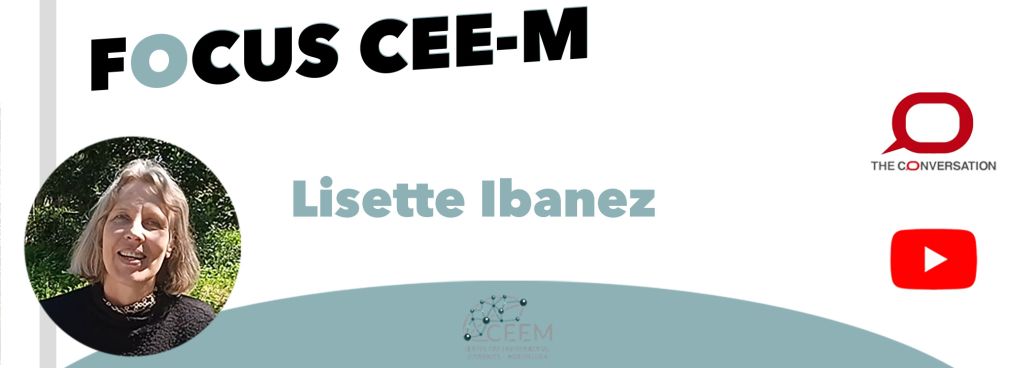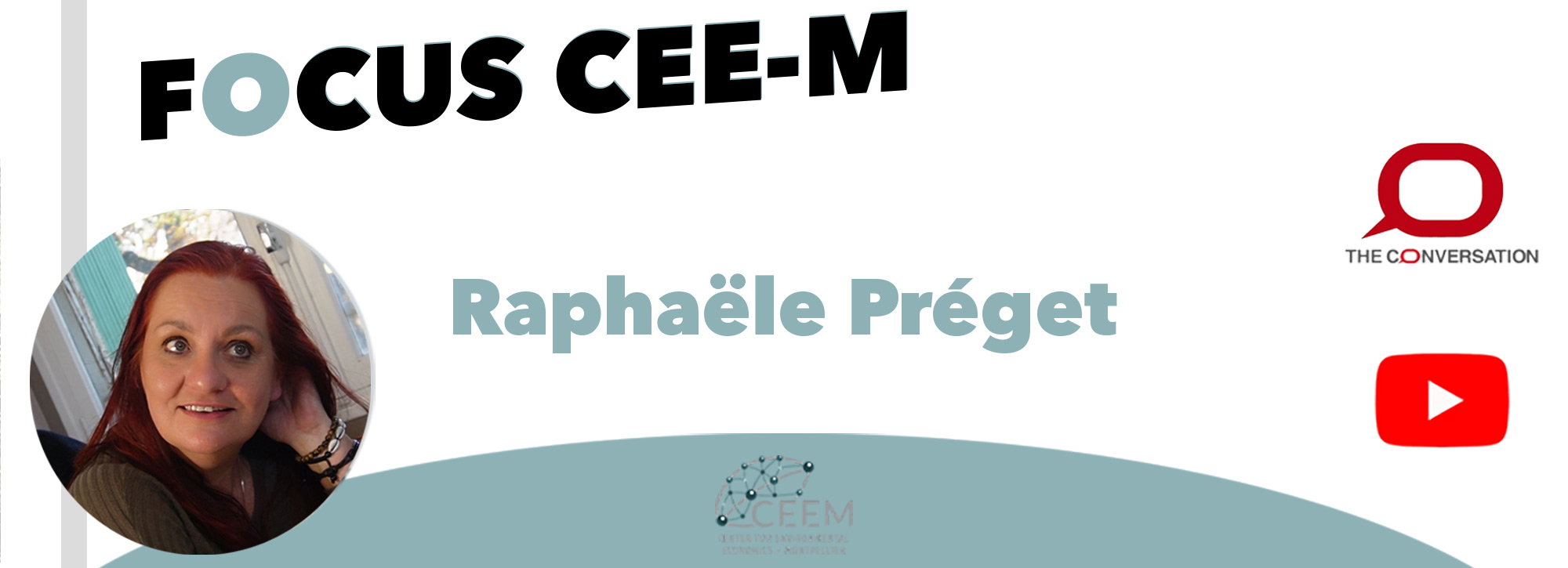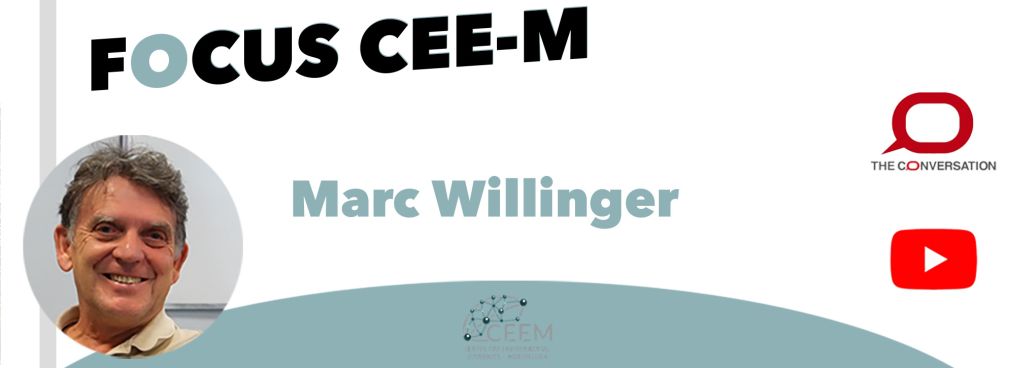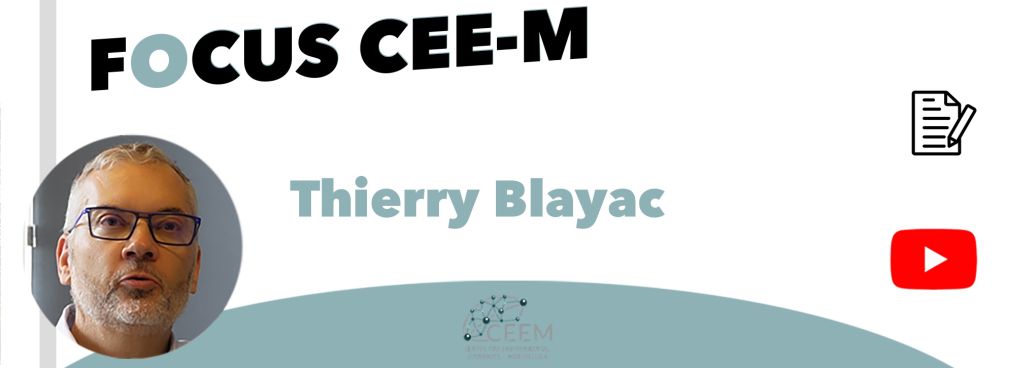Focus on Ibanez, L., & Roussel, S. (2022). The impact of nature video exposure on pro-environmental behavior: An experimental investigation. PLoS ONE, 17/(1), e0275806.
doi: http://dx.doi.org/10.1371/journal.pone.0275806
Supporting the emergence of pro-environmental behaviors in individuals is a major challenge on the path to sustainability. The motivations of individuals to act in the interest of the planet are very diverse and can be specific to individuals or stimulated by external or social factors. There are thus multiple levers to stimulate or to reinforce pro-environmental behaviors in order to internalize the societal impacts linked to environmental degradation ; such as, for example, the excessive use of natural resources.
It has been shown that, globally, the individual is aware of the context in which he makes his decisions (Thaler, 2018). We also know that nature directly and positively influences both our physical and psychological state and, moreover, our emotional state is not neutral in the fight against global warming. For example, Wu et al. (2016) have thus shown that, by making buildings technologically more sustainable (known as “atmospheric”) and, by signaling this through visual cues that provide information on the use of natural resources (water capture and purification, intensive use of wood in building construction, etc.), individuals would be encouraged to better recycle their waste.
In this article, we study the potential impact of virtual exposure to nature on pro-environmental behavior. Indeed, individuals most often evolve in an urbanized environment and spend a large part of their time away from nature due to their professional and personal activities. All of this contributes to a physical and psychological disconnection with nature and leads to a lack of ecological awareness. This virtual connection with nature could therefore stimulate the feeling of belonging to the biosphere and would encourage these individuals to be more inclined to protect the environment. This would therefore constitute an effective and inexpensive strategy.
L’expérience en laboratoire
We test this causal link as part of a laboratory experiment where subjects watch either a video presenting an urban environment (“urban” control treatment), or a video presenting a natural environment (“nature” treatment). We consider two types of pro-environmental behavior: a monetary decision, corresponding to a donation to a pro-environmental non-governmental organization (Environmental NGO), and, after this, a non-monetary decision, in this case a gesture of recycling hygienic caps for earphones/headphones (Figure 1).
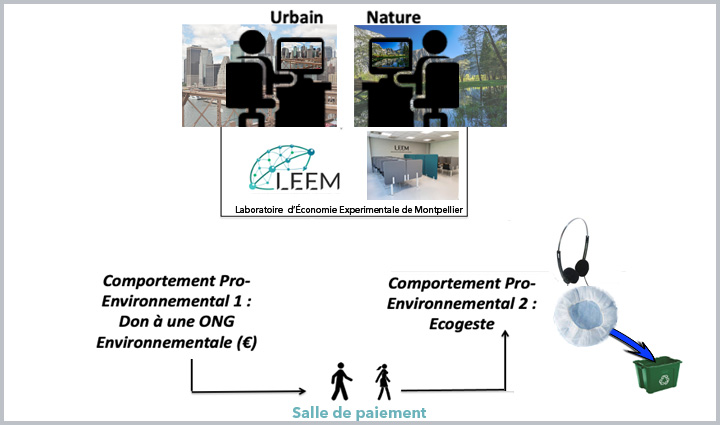
Figure 1 : Synthèse du protocole expérimental
It should also be noted that we have included in the experimental protocol a questionnaire to elicit participants’ attachment to nature via the New Ecological Paradigm scale (Schleyer-Lindenmann et al., 2016). This scale makes it possible to classify individuals according to their ecological awareness.
Finally, to fully understand the mechanisms of this phenomenon, and to understand the impact of virtual exposure to nature, we have integrated two robustness checks into our experimental protocol.
The challenge of the first check is to better understand the real impact of the virtual environment on subjects without taking into account the emotions felt. To do this, we carried out the same experiment with a new group of participants (control treatment – positive emotion; N=60) where the subjects watched a film without any reference to nature, but which generated the same type of emotions. The second robustness check aimed to test whether the correlation with the Nature film and the field of action of the pro-environmental NGO influenced the donation. We thus carried out the experiment with another group of individuals (control treatment – NGO donation; N=49) where the participants watched the video on nature but offered to make a donation to a humanitarian NGO that was not operating in the area of environmental protection.
Résultats de l’expérience
The analysis of the results collected during this experiment show that virtual exposure to nature increases both the monetary gift (+ 0.83€, p=0,02) and the eco-gesture (+15%, p=0.11). In other words, exposure to nature acts both on the tendency to make a financial effort, as well as on the tendency to make a physical effort in favor of the environment.
The particularly interesting result of this experiment is that the increase of pro-environmental behavior comes mainly from individuals who declare beforehand that they have a relatively low ecological awareness (NEP<4).
Indeed, as shown in Table 1, we observe that, for individuals with low ecological awareness, viewing a video on nature increases the donation by 1.47€ on average, and increases the number of people who recycle headphone protectors by 26.53%
Another point to note is that we did not find any ripple effect, negative or positive, between monetary donation and eco-gesture

Tableau 1 : Différence de comportement selon le niveau de conscience des participants
+Wilcoxon-Mann-Whitney teste l’équivalence de population, avec p<0,05 (**), p<0,01 (***)
Concerning the experiment’s robustness checks, it appears that, for the same type of emotions felt, the donation is significantly stronger when the subjects watch a film that refers to nature (+1.13€, p=0.01) and that, whatever the NGO’s field of action, the amount of the donation is not significantly different (-0.51€, p=0.89).
Conclusion :
The results of this experiment seem to demonstrate that there is a positive impact of virtual exposure to nature on pro-environmental behaviors. They can therefore lead to various policy implications, particularly on the implementation of innovative behavioral interventions. Indeed, the public decision-maker could resort to playful and easily accessible solutions, similar to nudges/green nudges (https://www.egreen.fr/nudge), where the individual would be exposed to nature in a repeated or even permanent way. (https://www.aujardin.info/fiches/inviter-nature-ville.php) (https://greenprospect.net/ameliorer-bien-etre-au-travail/) These solutions are generally inexpensive, not binding, and easy to implement. Furthermore, these policies could promote awareness of contemporary environmental issues related to climate change and the erosion of biodiversity, and thus induce lasting changes in behavior.

